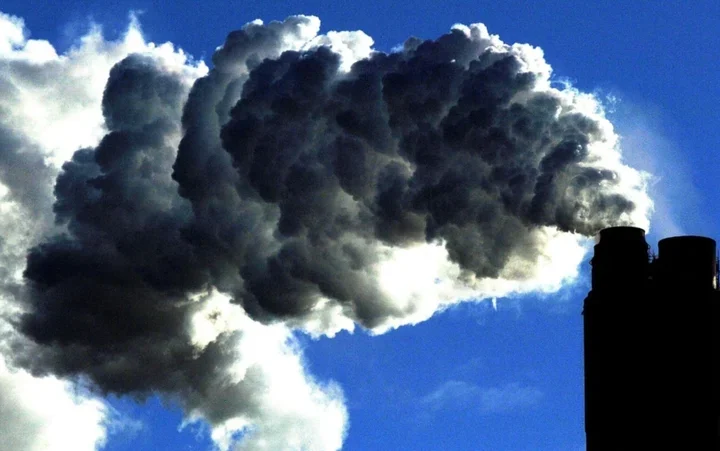Temperatures are expected to hit 29C in Ireland, as the UK is under an amber heat health alert with temperatures there expected to reach 33C.
It comes as yesterday marked the hottest day of the year in Ireland so far, with temperatures reaching 27C in Mount Dillon, Co Roscommon.
Met Éireann said it will be very humid with thunderstorms active in the south early on.
Following that, it will be a very warm and hot day with long spells of sunshine.
However, a few showers may break out with isolated thunderstorms, so no need for a heavy jacket but make sure to keep an umbrella on hand.
Highest temperatures will be between 24C to 29C for the majority of the country, except for those in Munster and south Leinster, where highest temperatures will be between 20C to 23C.

It comes as temperatures in the UK are expected to rise to 33C this weekend, with human-caused climate change blamed for increasing the chances of such extreme heat.
According to a study from the World Weather Attribution (WWA) group at Imperial College London, the UK heatwave will be about two to four degrees hotter as a direct result of climate change.
WWA also found that June heatwaves, with three consecutive days of temperatures above 28C, are about ten times more likely compared to the cooler preindustrial climate, before humans burned fossil fuels.
In its rapid-study, the group of climate scientists said that human-caused climate change will make tomorrow’s widespread heat of 32C in southeast England about 100 times more likely.
Amber health alert in UK
An amber health alert was issued for the whole of England yesterday, as the UK recorded its hottest day of 2025.
The alert was issued by the UK Health Security Agency (UKHSA) for the first time since September 2023 and is in force until 9am on Monday.
It warns “significant impacts are likely” across health services because of high temperatures, including a rise in deaths – particularly among those aged 65 and over or people with health conditions.
The World Weather Attribution go up also warns of the impact of high temperatures on elderly and vulnerable people.
Dr Ben Clarke, Researcher at the Centre for Environmental Policy Imperial College London, said that as the world gets warmer the chances of more heatwaves also increases.
“This heatwave is another reminder that our planet has already heated to a dangerous level. We’re at 1.3°C today, but heading for around 3°C this century. With every fraction of a degree of warming, the UK will experience hotter, more dangerous heatwaves”, he said.
World Weather Attribution conducted a large study in 2022 after temperatures in the UK exceeded 40 degrees.
Using evidence from that study, combined with other available data sets and models, the scientific group was able to issue this “rapid-study”.
The 2022 study had concluded that the 40.3 C recorded in England in 2022 was “almost impossible” without human-induced climate change.















